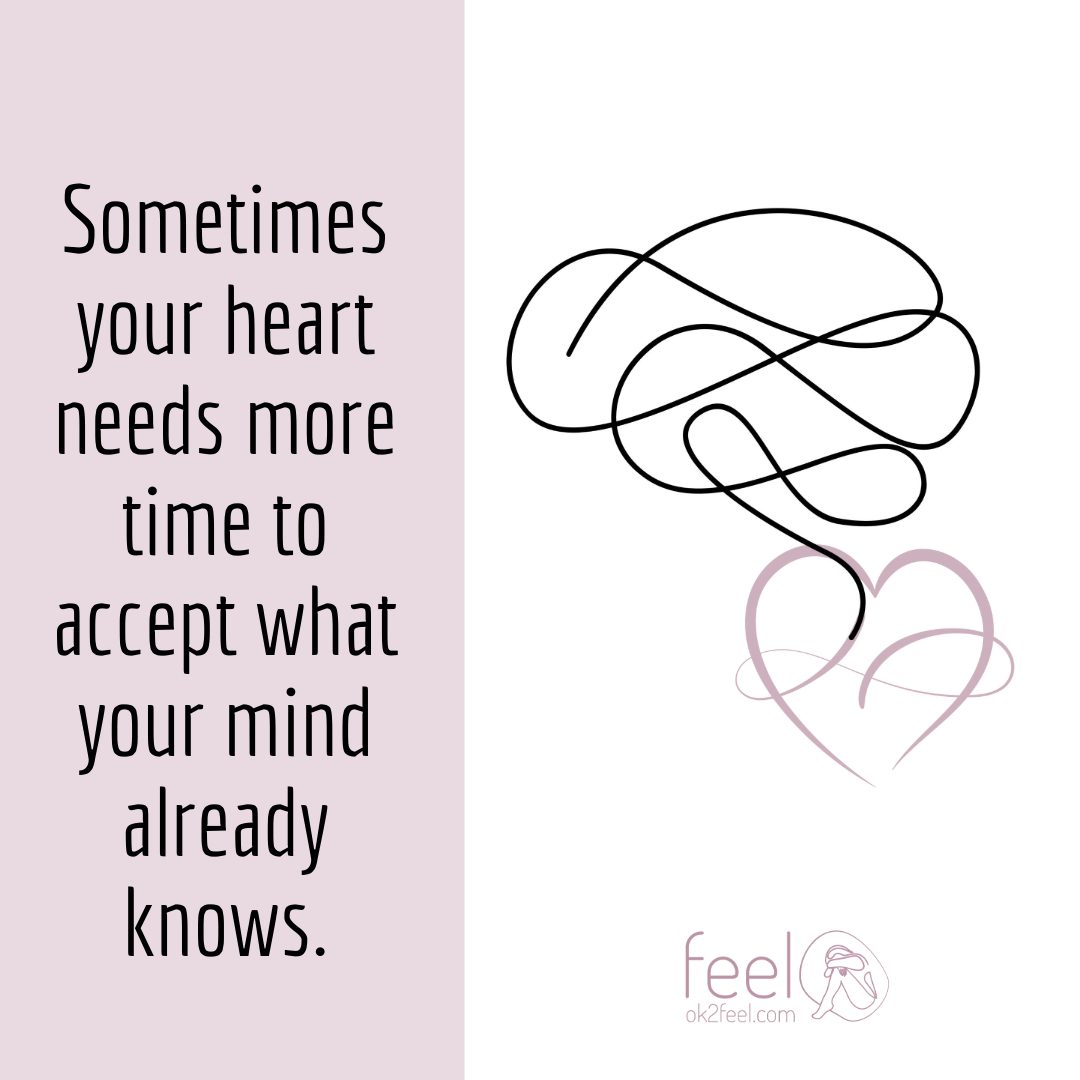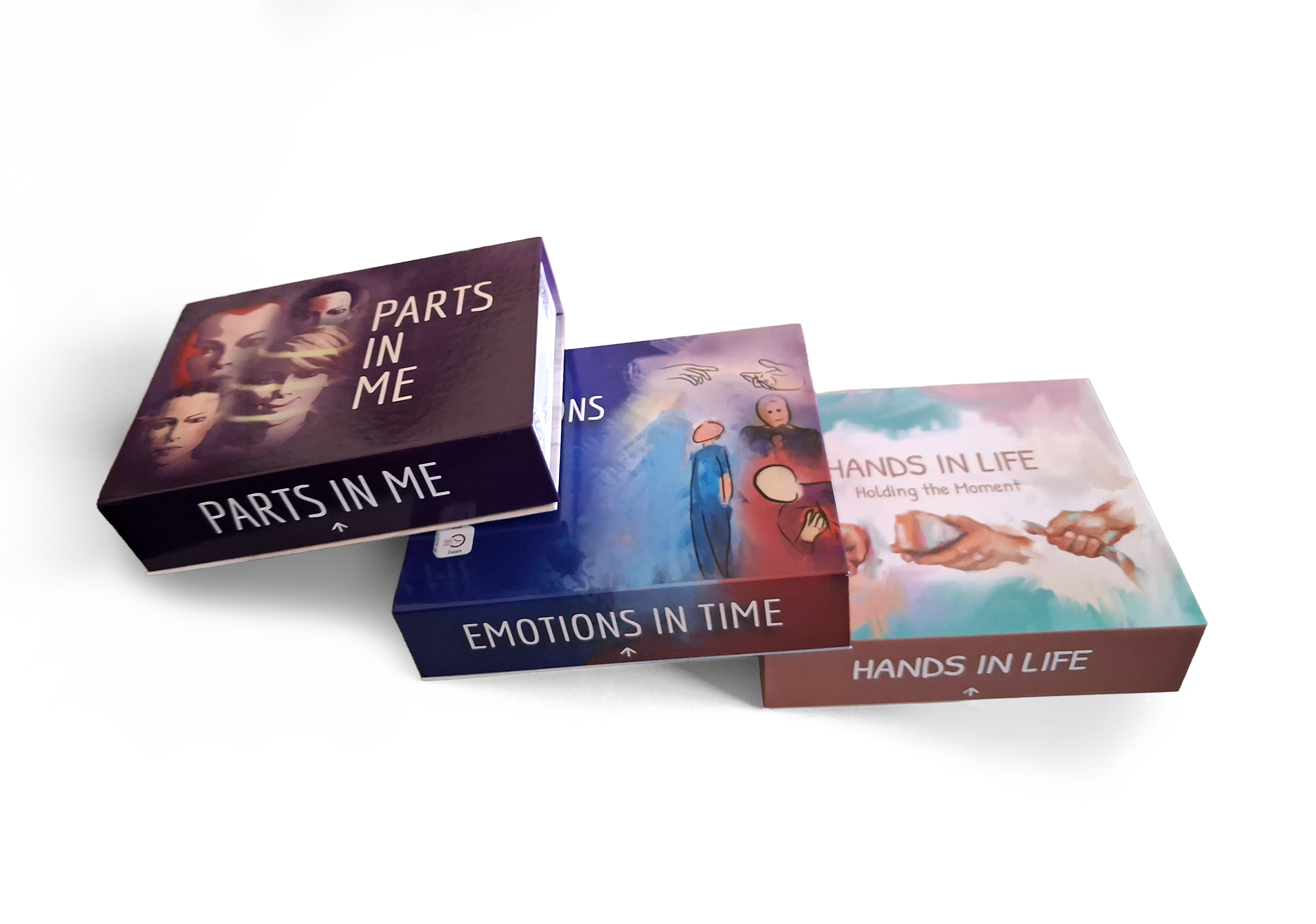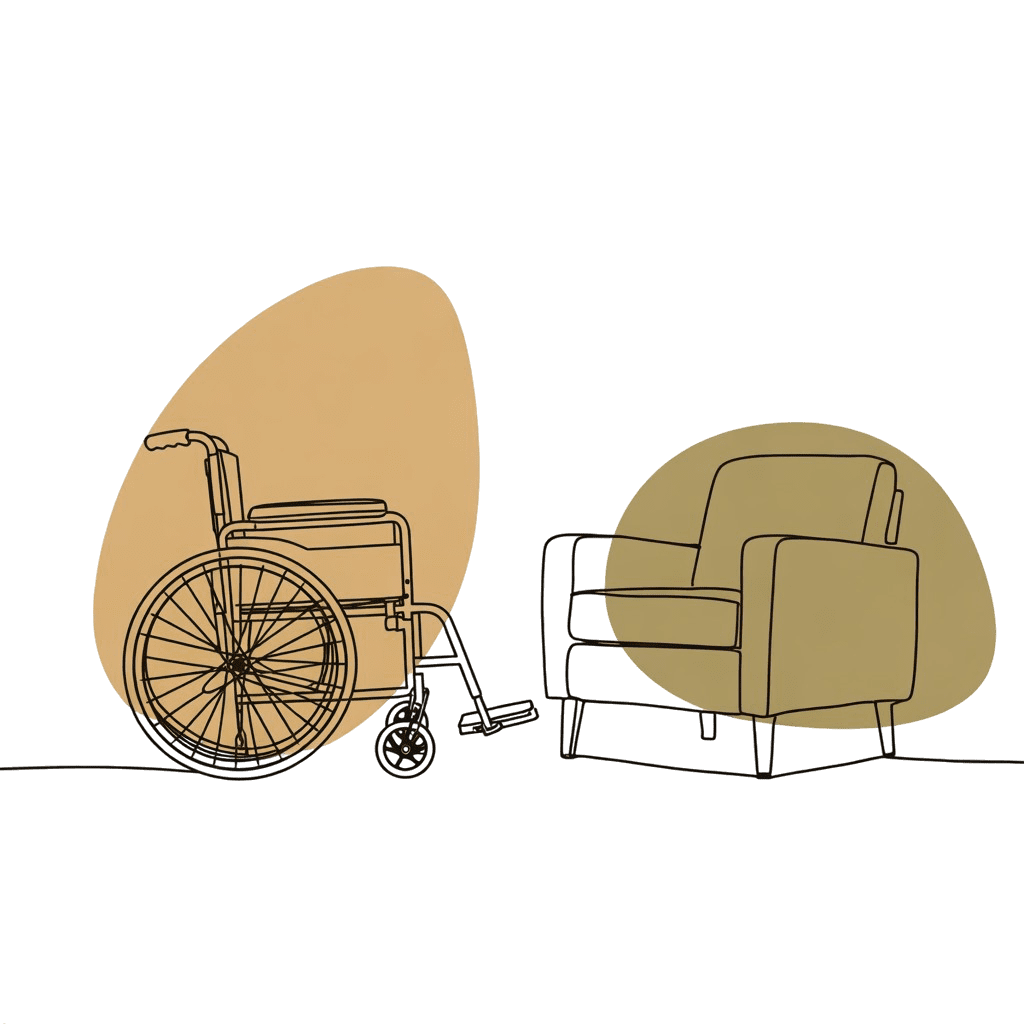Sometimes, there is a peculiar discord between the mind and heart where the heart lags in accepting what the mind has long understood. This dichotomy forms the basis for internal struggles that many individuals face, particularly during periods of change or loss.
The mind is often portrayed as the seat of logic and understanding. It comprehends facts, analyzes situations, and comes to rational conclusions with relative speed. When faced with irrefutable evidence—like the end of a relationship, a job change, or any significant alteration in life—the mind can process this information and quickly adapt to new circumstances.
The heart, on the other hand, symbolizes emotion, attachment, and deep-seated feelings. It does not follow a linear thought process but is swayed by the waves of sentiments that permeate our lives. Unlike the mind, which acknowledges change swiftly and starts adjusting, the heart may take a longer time to make peace with new realities.
This cognitive-emotional dissonance occurs because emotions are not switchable. Love, grief, joy, and attachment are not grounded in logic. They are complex emotional states that involve various aspects of human experience including memory, hope, expectation, and cultural or personal meaning attached to events or relationships. Consequently, even when one knows intellectually that moving on or accepting a situation is necessary—sometimes even beneficial—their emotional counterpart might not be ready to let go or move forward.
The saying “sometimes your heart needs more time to accept what your mind already knows” acknowledges this human predisposition. It suggests patience with oneself and recognition that understanding does not necessarily equate to feeling. The journey towards emotional acceptance is often non-linear and requires an individual to traverse through various stages of denial, anger, bargaining, depression, and eventually acceptance.
This idea advocates for a gentle approach to personal development and healing. It implies that it’s okay for there not to be an instant alignment between what we think and how we feel. The acknowledgment of this misalignment allows for a compassionate space where an individual can work through their emotions without self-judgment.
In conclusion, recognizing that sometimes the heart takes longer to accept what the mind knows can be a crucial step in healing from any emotional upset. Giving ourselves permission to feel our emotions fully and understand that they don’t have to immediately fall in line with our logical understanding can foster a kinder self-relationship—a crucial ingredient for long-term well-being amidst life’s inevitable ups and downs.




